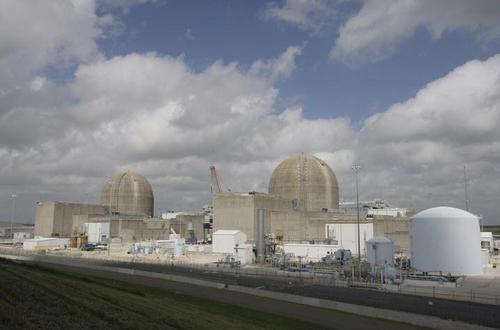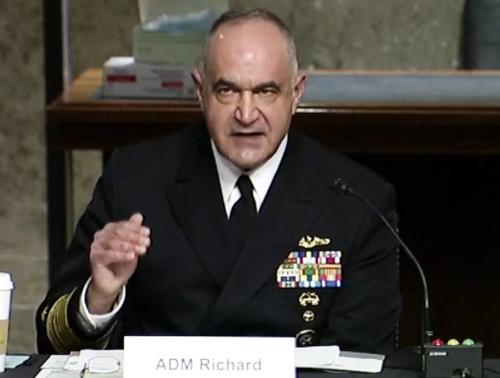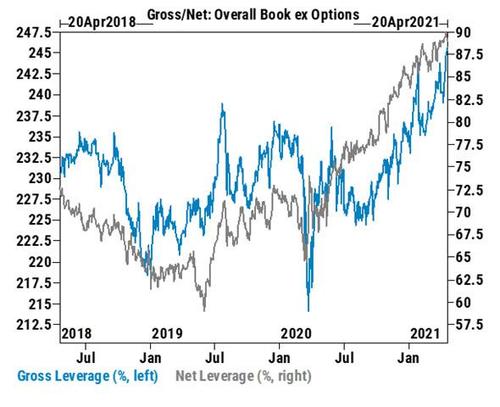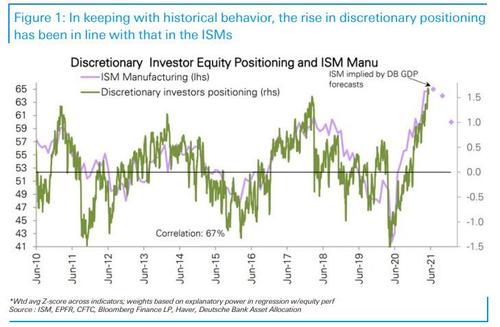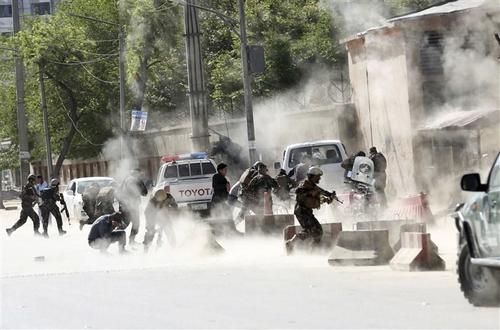Indian Hospitals Running Out Of Oxygen As Daily COVID Deaths Top 2,000 For 1st Time
Asia is on track to report the most new COVID cases in April (adjusted for population) than any other continent as India’s “second wave” of COVID-19 is proving even more deadly than its first.
COVID-19 cases are surging around the world, but already, India’s “second wave” of COVID-19 is proving even more deadly than its first. After days of reporting record daily tallies, India reported more than 2,000 COVID deaths in a single day, the health ministry said Wednesday. Coronavirus infections also rose by a record, increasing by 295,041 over the last 24 hours, the data showed. Total deaths reached 182,553, which, to be sure, is merely a fraction of the US’s 568,483 deaths (per Johns Hopkins data). Though experts suspect that India’s numbers are skewed by pervasive undercounting of deaths (while the US and other western countries are suspected of over-counting).
India’s buckling health-care system is badly in need of government relief, and so the Indian government is planning to boost supplies of medical oxygen in coming days, according to the country’s Health Secretary Rajesh Bhushan. The government is also reportedly considering applications for oxygen imports from overseas suppliers. The decision follows the deaths of nearly 2 dozen patients in a hospital in Maharashtra, one of the most hard-hit areas of the country, which was caused by a leak in an oxygen tank, the Associated Press reported.
Meanwhile, hospitals in Delhi, the Indian capital, said on Tuesday that they had enough oxygen left for just another eight to 24 hours, while some private clinics had enough for only four or five.
CNN reported that India’s health-care system was “close to collapse”.
“The volume is humongous,” said Jalil Parkar, a senior pulmonary consultant at the Lilavati Hospital in Mumbai, which has had to convert its lobby into an additional Covid ward. “It’s just like a tsunami.”
Prime Minister Narendra Modi addressed the nation on Tuesday, acknowledging the country’s “very big battle” against Covid-19. He however appealed to states to “use a lockdown as their last option,” even as the capital New Delhi entered its first full day of a week-long lockdown, Jessie Yung and Vedika Sud report.
On Monday, Delhi Chief Minister Arvind Kejriwal warned that failing to halt movement in the city could lead to “tragedy.” When India went into lockdown last March, the mass exodus of migrant workers from the cities became one of the most enduring images of the country’s battle against the virus — and is believed to have helped to spread Covid-19 nationwide.
What epidemiologists are describing as India’s “second wave” is hitting the country like a “tsunami’ as hospitals, graveyards and morgues all run out of space for the sick and the dead.
“Things are out of control,” said Ramanan Laxminarayan, director of the Center for Disease Dynamics, Economics and Policy in New Delhi. “There’s no oxygen. A hospital bed is hard to find. It’s impossible to get a test. You have to wait over a week. And pretty much every system that could break down in the health care system has broken down,” he said.
Despite all of this, Indian PM Narendra Modi urged local officials to impose new lockdowns only as a last resort during a national televised address yesterday.
On Monday, Delhi Chief Minister Arvind Kejriwal warned that failing to halt movement in the city could lead to “tragedy.”
“Our healthcare system has reached its limit. It is now in a state of distress. It has not collapsed yet but it is in distress,” Kejriwal said. “Every healthcare system has its limits. No system can accommodate unlimited patients.”
But experts fear it’s too little, too late, as positive patients compete for limited resources and mass gatherings threaten to spread the virus even further. Some families are turning to social media where they’re pleading with the public for donations or supplies – anything that might help secure treatment for an afflicted friend or family member.
As demand for medications and vaccines surges, the Indian government has imposed an export ban. On Wednesday, health officials said it would be at least two months before exports of vaccines would be allowed to move forward, even as India’s Serum Institute moves to raise output to 100M doses of the AstraZeneca by July.
Tyler Durden
Wed, 04/21/2021 – 19:20
via ZeroHedge News https://ift.tt/2QqoFC1 Tyler Durden


